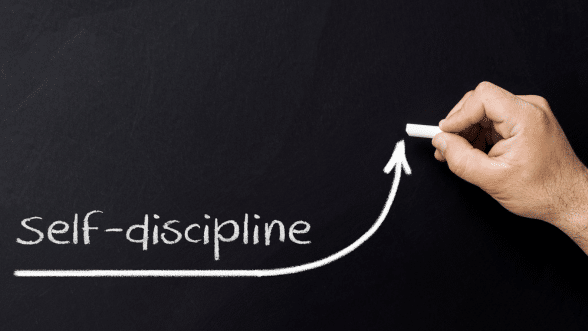What is Self-Discipline?
- Self-Discipline is the ability to consistently apply effort and follow through on tasks and commitments, even when faced with distractions or challenges.
- It involves setting goals, creating a plan, and adhering to it with focus and determination, regardless of external circumstances.
- Self-discipline is essential for both students, who need it to maintain study routines and meet academic deadlines, and professionals, who must manage their responsibilities and achieve long-term career goals.
Why is Self-Discipline important for personal and professional growth?
- Achieving Goals: This is fundamental to achieve both short-term and long-term goals, as it enables individuals to stay on track and avoid procrastination.
- Building Habits: It helps in developing and maintaining productive habits, such as regular exercise, consistent study, or time management.
- Resilience: It fosters resilience, allowing individuals to push through difficulties and setbacks without losing focus or motivation.
- Career Advancement: In the workplace, It’s a key to meeting deadlines, taking on challenging projects, and continuously improving skills, all of which contribute to career growth.
How can coaching help develop Self-Discipline?
- Coaching can support individuals in identifying areas where it is needed and provide strategies to strengthen it, such as goal setting, accountability, and time management techniques.
- For students, coaching might focus on creating structured study schedules, overcoming procrastination, and developing consistent study habits.
- For professionals, coaching can assist in setting clear career goals, managing time effectively, and maintaining focus on tasks that lead to long-term success.
- Through coaching, individuals can learn to cultivate it, enabling them to achieve their goals and reach their full potential.




